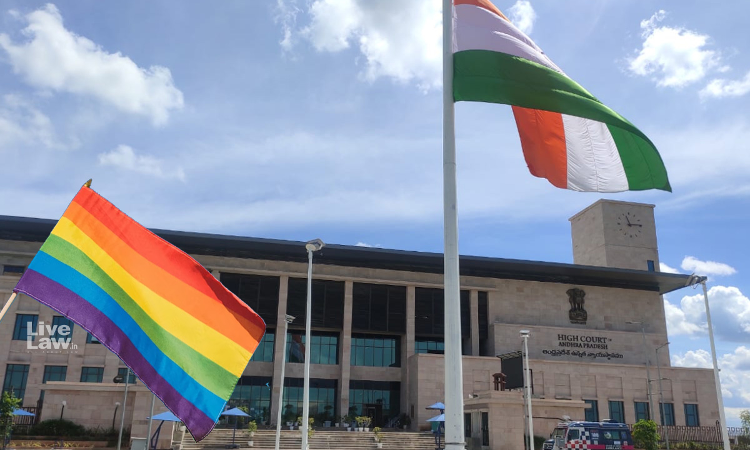A criminal quashing petition has reached the Andhra Pradesh High Court requiring it to examine whether a Transgender woman can file a complaint for dowry harassment under Section 498A of IPC.The petition contends that a plain reading of section 498A makes it clear that complaint with allegations under this section should be made by a 'woman' and hence, a complaint under this provision by...

